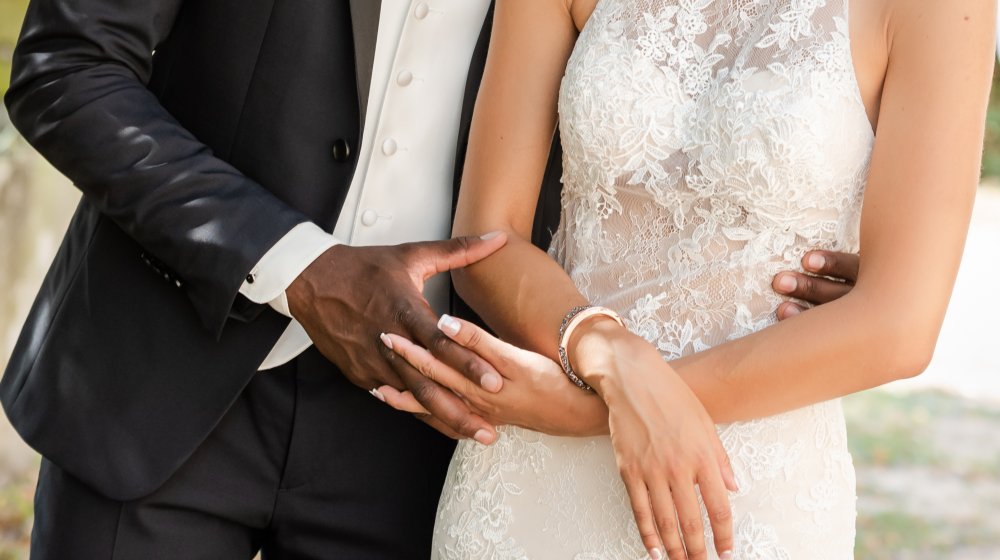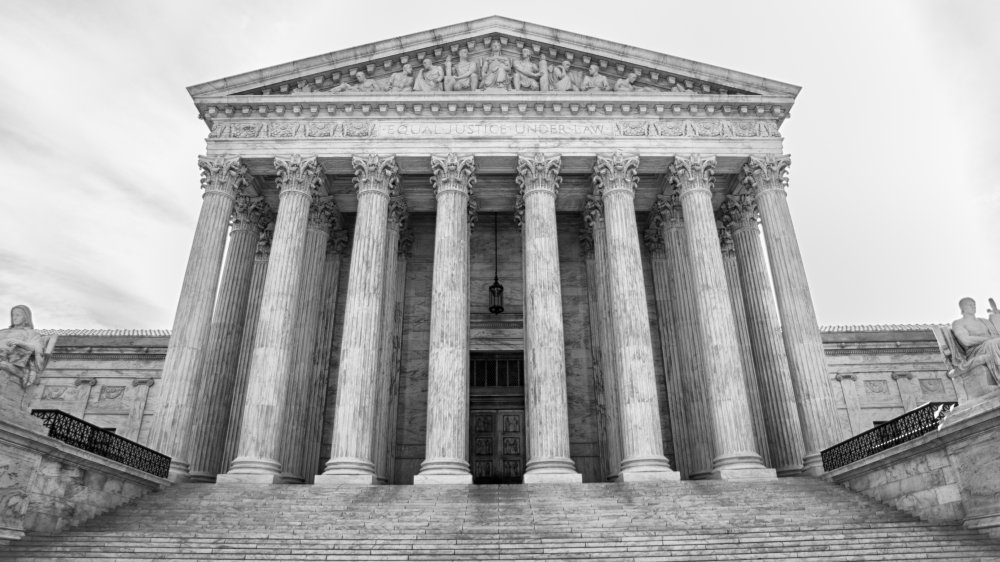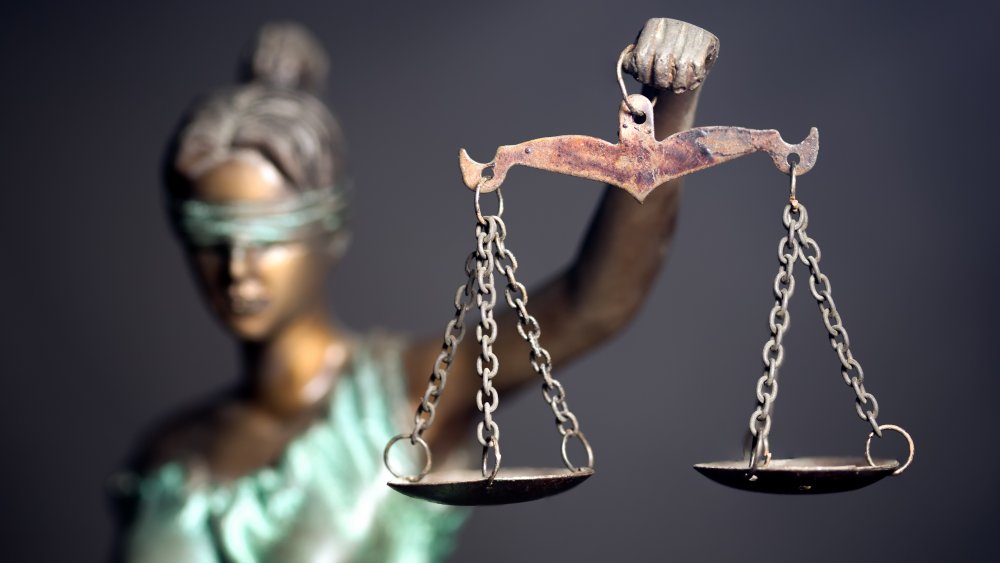The Real Reason Loving Day Is So Important
It's pronounced miss-seh-je-NA-shun. Miscegenation. Not a common word anymore in the United States, partly because of a 1967 Supreme Court decision in the case of Loving v. Virginia. And unlike TV, where people really do get a speedy trial, this decision was rooted in nine years of pain and struggle that was just the cherry on the top of the legal sundae we called miscegenation laws.
Explained most simply, anti-miscegenation laws made interracial relationships illegal, either through "marriage or interbreeding," as History tells us. There was a time when it was illegal for blacks and whites to marry, or have children together, or love one another in committed, legal relationships. The laws were enacted and enforced on the state level; at one point, all but nine of the 50 states had laws forbidding the marital mixing of races. That included Virginia, where Mildred Jeter and Richard Loving met, became friends, became lovers, and created a family that helped put one more nail in the coffin of Jim Crow laws in the United States.
The ACLU took the case to the Supreme Court
Richard Loving was white; Mildred Jeter was represented as a mix of African American and Native American heritage. When Mildred became pregnant, they stole away to Washington D.C., where interracial marriage was legal. They married and returned to make their home in Central Point, Virginia, where, as Time reports, the sheriff and his deputies broke in at 2 a.m. July 11, 1958, and arrested them for illegal cohabitation. They'd broken two Virginia laws: one against interracial marriage, and another against going out of state to marry and then return. The Lovings pleaded guilty and were given a choice, says USA Today: serve a year in prison, or leave Virginia. If they chose the latter, they couldn't return together for 25 years.
Richard and Mildred Loving elected to move to Washington D.C., where they lived and raised their three children. After five years, Mildred wrote to then-U.S. Attorney General Robert F. Kennedy, asking for help. Kennedy referred them to the American Civil Liberties Union (ACLU), which took the case.
A Loving Supreme
The legal arguments began in November 1963, moving through the Virginia courts and finally landing on the docket of the U.S. Supreme Court in 1967. Virginia's Assistant Attorney General argued that Virginia's anti-miscegenation laws were constitutional, equivalent to laws against incest and polygamy. The Lovings' legal team counter-argued that anti-miscegenation laws like Virginia's were in violation of the 14th Amendment of the Constitution, which guarantees that all citizens have a right to due process and to equal protection under the law. The Lovings didn't attend the arguments; instead, Richard Loving sent a very simple message: "Tell the Court I love my wife and it is just not fair that I cannot live with her in Virginia."
On June 12, 1967, the Court announced its unanimous decision. Chief Justice Earl Warren wrote: "Under our Constitution, the freedom to marry, or not marry, a person of another race resides with the individual, and cannot be infringed by the state." The wheels of justice still turned slowly; the last state to repeal anti-miscegenation laws, Alabama, didn't do so until the year 2000. Besides overturning state laws regarding mixed-race marriage, the decision was also cited in 2015 in the Court's ruling on Obergefell v. Hodges, legalizing same-sex marriage in the United States.
Today, June 12 is recognized across the country as Loving Day, a celebration of the Lovings, and as loving, one person for another.


